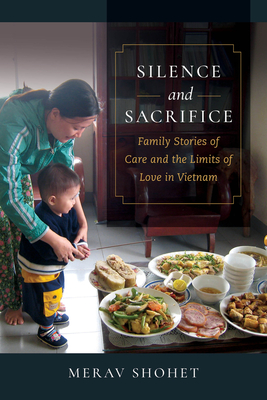Expedite your nonfiction book discovery process with Readara interviews, summaries and recommendations, Broaden your knowledge and gain insights from leading experts and scholars
In-depth, hour-long interviews with notable nonfiction authors, Gain new perspectives and ideas from the writer’s expertise and research, Valuable resource for readers and researchers
Optimize your book discovery process, Four-to eight-page summaries prepared by subject matter experts, Quickly review the book’s central messages and range of content
Books are handpicked covering a wide range of important categories and topics, Selected authors are subject experts, field professionals, or distinguished academics
Our editorial team includes books offering insights, unique views and researched-narratives in categories, Trade shows and book fairs, Book signings and in person author talks,Webinars and online events
Connect with editors and designers,Discover PR & marketing services providers, Source printers and related service providers

Silence and Sacrifice: Family Stories of Care and the Limits of Love in Vietnam
Social Science > Anthropology - Cultural & Social
- University of California Press
- Paperback
- 9780520379381
- 8.9 X 5.9 X 0.8 inches
- 0.8 pounds
- Social Science > Anthropology - Cultural & Social
- (Single Author) Asian American
- English
Readara.com
Book Description
How do families remain close when turbulent forces threaten to tear them apart? In this groundbreaking book based on more than a decade of research set in Vietnam, Merav Shohet explores what happens across generations to families that survive imperialism, war, and massive political and economic upheaval. Placing personal sacrifice at the center of her story, Shohet recounts vivid experiences of conflict, love, and loss. In doing so, her work challenges the idea that sacrifice is merely a blood-filled religious ritual or patriotic act. Today, domestic sacrifices--made largely by women--precariously knot family members together by silencing suffering and naturalizing cross-cutting gender, age, class, and political hierarchies. In rethinking ordinary ethics, this intimate ethnography reveals how quotidian acts of sacrifice help family members forge a sense of continuity in the face of trauma and decades of dramatic change.
Author Bio
Dr. Merav Shohet is a cultural anthropologist whose specializations in psychological, medical, and linguistic anthropology lead to ethnographically grounded, comparative, language-centered research on affect, morality, and health. In both Vietnam and North America, she focuses on the subjective, emotional lives of specific persons to illuminate how discursive practices – and the socio-historical and political-economic transformations of which they are a part – mediate individuals’ experiences of moral personhood and lived possibilities in extra-clinical contexts of care-giving, suffering and recovery.
Dr. Shohet is currently completing a book manuscript, Sustaining Sacrifice, where she draws on person-centered and language socialization research among multi-generational families in central Vietnam to theorize how “sacrifice” works as a complex meta-value guiding everyday moral practice that provides continuity and minimizes overt conflict in Vietnam’s rapidly changing socio-economic and biopolitical urbanizing context.
In addition, Dr. Shohet is returning to earlier eating disorders research in Boston, to investigate lifespan illness and recovery processes, particularly how discourses of food, economic development, and cross-cultural psychiatry insidiously figure in marginalized people’s lives. Finally, linking her sustained interests in narrative, sacrifice, and care, and the intersections of nationalist and familial ethics, Dr. Shohet is also exploring possibilities for additional research on kibbutz life or other settler communities in Israel/Palestine.
Education
- PhD, University of California, Los Angeles
MA, University of California, Los Angeles
AB, Harvard University
Source: Boston University
Videos




Community reviews
No Community reviews

